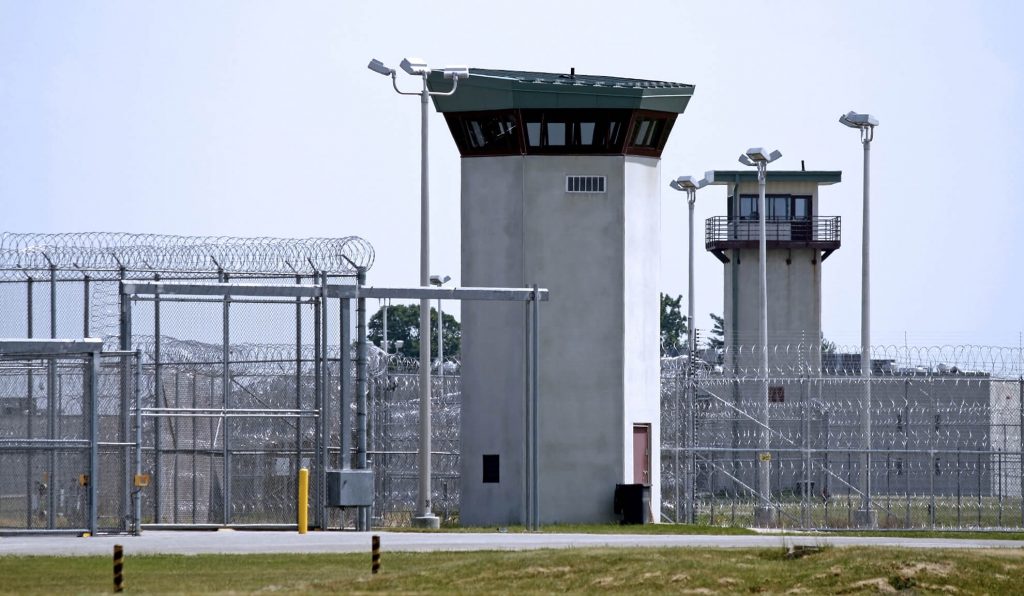Criminal Justice Reform

The Fierce Urgency of Now
The urgency for criminal justice reform in America cannot be overstated. Our prisons, both state and federal, are bursting at the seams, disproportionately housing African American men convicted of minor drug offenses. With over two million people incarcerated and many more on parole or probation, the financial burden on taxpayers is immense. Several states turned to for-profit prisons to alleviate some pressure, but this move only exacerbated existing problems.
The First Step Act
In 2018, Congress passed the First Step Act, hailed as a milestone, yet it barely scratches the surface of the reform needed. Despite Trump’s eagerness to claim credit, the Act was a bipartisan effort that preceded his involvement. While it introduces some measures like recidivism reduction and time credits, it remains insufficient.
What the Act accomplishes
- Assessment of prisoners for behavior rewards.
- Time credits for participation in programs.
- Encouragement of faith-based programs.
- Prerelease programs for well-behaved inmates.
- Protection for pregnant women.
- Reduction of mandatory sentencing for drug offenses.
- Establishment of a safety valve.
- Clarification on firearms-related sentencing.
- Petition for reduced sentencing.
- Funding for reentry programs.
- Prohibition of juvenile solitary confinement.
What the Act fails to accomplish
- Limited application to federal prisons.
- Failure to address bail reform.
- Lack of felony reduction measures.
- Ignoring opportunities for expunctions.
True reform is overdue, requiring a shift from a system rife with racial and economic disparities to one rooted in fairness and rehabilitation. Many, particularly from marginalized communities, feel disillusioned, believing radical transformation is necessary.
The George Floyd Justice In Policing Act
The George Floyd Justice in Policing Act emerged in response to the tragic murder of George Floyd in 2020, igniting global outrage. Representative Karen Bass introduced the bill in Congress, aiming to address police brutality. Despite initial momentum, political polarization hindered its progress.
Key provisions of the Act include:
- Changing the standard for convicting law enforcement officers.
- Limiting qualified immunity.
- Empowering the Department of Justice in investigations.
- Restricting the use of excessive force.
- Establishing a national police misconduct registry.
- Implementing uniform policing standards and training.
Conclusions
This legislation promises significant changes, particularly in interactions between law enforcement and African Americans. Advocacy for its passage remains crucial, emphasizing the importance of voting for lawmakers committed to addressing unjust policing practices in our communities.
